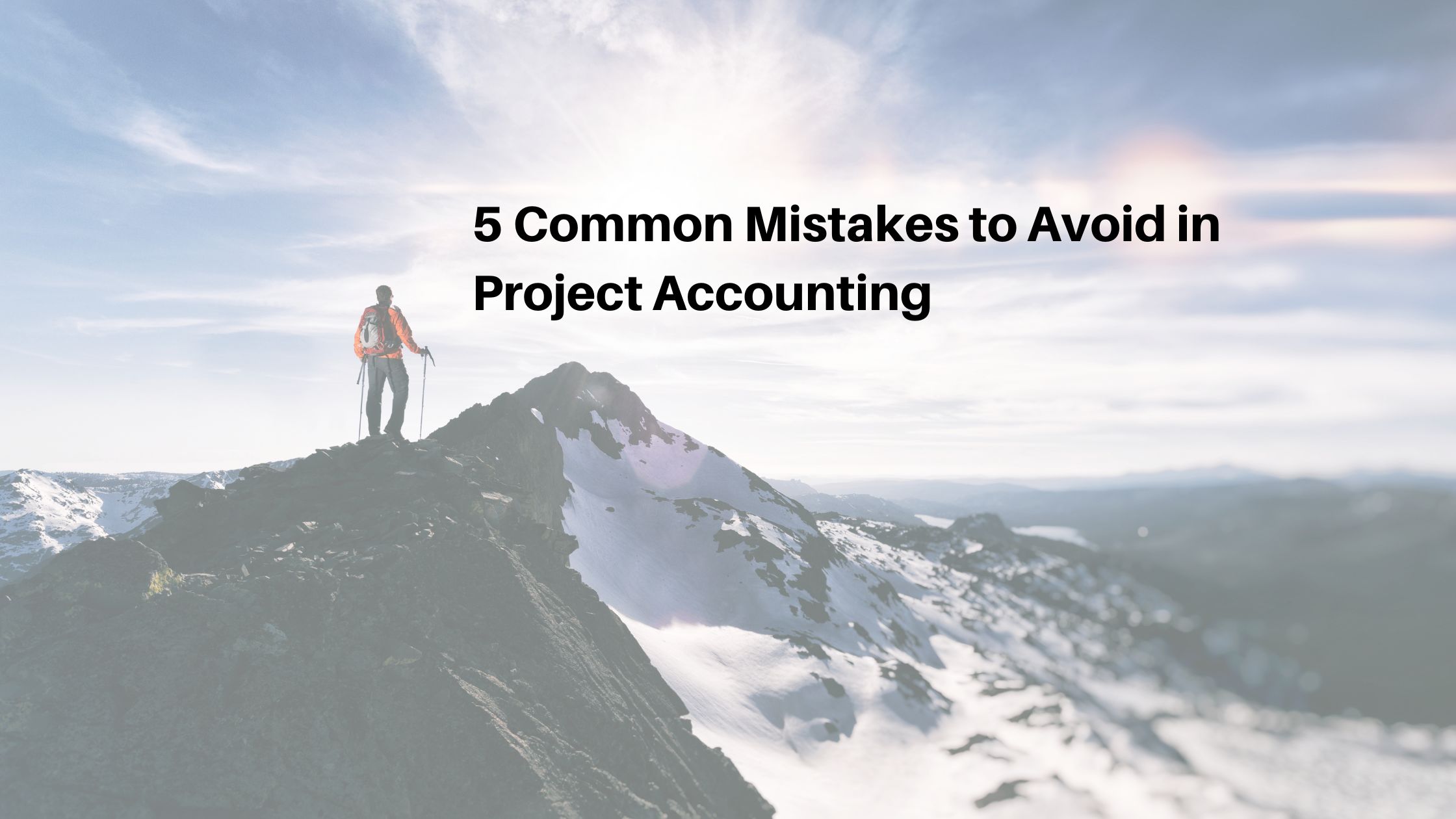10 Ways Monograph Accounting Enhances Project Budgeting and Efficiency
Wiki Article
Exploring the Trick Attributes of Monograph Audit for Successful Accounting Professionals

Defining Monograph Accountancy: A Comprehensive Overview
Monograph accounting represents a specific technique within the more comprehensive field of economic reporting. This technique stresses the systematic and comprehensive paperwork of monetary purchases and their effects. Unlike conventional audit, Monograph accounting is often customized to special scenarios or certain sectors, giving a focused structure for evaluation and reporting. It permits accountants to dig much deeper right into certain areas, presenting a thorough view that straightens closely with business objectives.An essential feature of Monograph accounting is its versatility; it can integrate different accounting criteria and practices as needed. This flexibility enables accounting professionals to create reports that are not only precise yet additionally appropriate to stakeholders. Moreover, the approach frequently includes extensive research and exam of economic data, making certain that every aspect is extensively understood and documented. Thus, Monograph accountancy acts as an important tool for accountants intending to give informative economic evaluations tailored to certain contexts.
The Importance of Quality and Precision in Financial Coverage

Inaccurate or uncertain reporting can result in misdirected methods, deteriorated depend on among investors, and regulative examination. Accountants have to focus on accuracy in their job, guaranteeing that numbers are thoroughly confirmed and financial stories are systematic. This not only fosters transparency however additionally boosts the total integrity of the company.
Eventually, clarity and precision in economic reporting are indispensable for preserving stakeholder self-confidence and promoting sustainable organization growth. Accounting professionals play an important function in supporting these standards, making their knowledge very useful in navigating the intricacies of financial information.
Enhancing Decision-Making Processes Via Monograph Accountancy
Efficiency in decision-making procedures is substantially improved through the principles of Monograph audit. By settling extensive monetary data into a particular, meaningful structure, accounting professionals can promptly access critical information essential for informed choices. This technique reduces the time invested in information retrieval and analysis, permitting for an extra dexterous response to economic circumstances.Moreover, Monograph audit highlights clear categorization and thoughtful organization of economic purchases, which lessens mistakes and miscommunication. When accounting professionals use these principles, they can present financial insights in an organized manner, helping with conversations amongst stakeholders.
In addition, the standardization intrinsic in Monograph audit makes it possible for seamless contrasts across Monograph Accounting different durations or divisions, better helping in critical preparation. This structured method not only optimizes the inner processes of audit experts yet also boosts the total business dexterity, empowering services to adapt to transforming market problems promptly.
Secret Advantages for Accountants and Their Customers
While taking on Monograph accounting may need a first financial investment of time and sources, the lasting benefits for both accountants and their customers are substantial. This accountancy technique promotes improved precision and transparency, permitting accounting professionals to maintain clearer economic records. By combining details into a particular story, customers get far better understandings into their economic health, helping with educated decision-making.Additionally, Monograph bookkeeping promotes stronger customer relationships with boosted communication (Monograph For AE). Accountants can offer financial information in an extra digestible layout, making it simpler for clients to comprehend intricate info. This clearness not just develops trust fund yet also encourages proactive monetary monitoring
Furthermore, the structured processes related to Monograph bookkeeping minimize the chance of mistakes, which can save both money and time. Inevitably, the integration of this technique results in a lot more effective operations, allowing accountants to give better service while empowering clients with boosted financial understanding and control.
Practical Applications of Monograph Audit in Different Industries
In what ways can monograph accountancy change various industries? By offering a concentrated and detailed technique to financial reporting, Monograph bookkeeping boosts clarity and precision throughout varied industries. In medical care, for example, it promotes the precise monitoring of patient expenses and source allowance, ultimately enhancing financial monitoring. The manufacturing field benefits from its structured evaluation of production expenses, enabling for much better rates methods and earnings evaluations.In the retail sector, Monograph accountancy aids in stock monitoring and sales forecasting, helping businesses enhance supply degrees and reduce waste. In the nonprofit field, it helps in clear coverage of grant financing and source use, promoting trust among stakeholders. Generally, Monograph accounting's customized techniques allow organizations to accomplish financial transparency and operational efficiency, making it an invaluable device across various markets. Its adaptability ensures that organizations can meet specific audit demands while maintaining compliance with policies.
Often Asked Concerns
What Software Is Best for Executing Monograph Bookkeeping?
The most effective software application for applying Monograph bookkeeping consists of copyright, Xero, and Sage. These platforms offer detailed functions customized for effective tracking, reporting, and monitoring of monetary data, assisting in streamlined bookkeeping processes for experts.Just How Does Monograph Accountancy Differ From Conventional Bookkeeping Approaches?
Monograph bookkeeping concentrates on individual jobs or clients, highlighting comprehensive monitoring and reporting for specific entities, while standard accounting aggregates data across all entities, focusing on general financial health instead than project-specific understandings and performance.What Are Usual Difficulties Accountants Confront With Monograph Accounting?
Accountants usually run into challenges with Monograph accountancy, consisting of intricacy in economic reporting, combination with existing systems, making certain conformity with laws, adjusting to distinct client requirements, and handling the thorough documentation needed for precise analyses.
Are There Particular Laws Governing Monograph Accounting Practices?
Yes, specific laws commonly govern Monograph audit methods, consisting of adherence to nationwide accounting requirements, compliance with tax laws, and industry-specific guidelines. Accounting professionals need to continue to be enlightened to guarantee their techniques straighten with these developed structures.Just How Can Accountants Stay Upgraded on Monograph Accountancy Trends?
Accountants can remain upgraded on Monograph audit trends by subscribing to sector magazines, going to pertinent workshops and seminars, joining professional companies, and involving with on the internet forums committed to accounting standards and best practices. (Monograph Project Accounting)Monograph accounting provides an unique structure that boosts economic reporting for accounting professionals. Unlike conventional audit, Monograph audit is commonly customized to distinct circumstances or specific markets, offering a focused framework for analysis and coverage. An essential feature of Monograph accountancy is its flexibility; it can incorporate different accounting criteria and methods as required. By providing a focused and thorough method to financial coverage, Monograph bookkeeping improves clarity and accuracy across varied markets. Yes, particular policies typically regulate Monograph accounting techniques, consisting of adherence to national accountancy criteria, conformity with tax policies, and industry-specific standards.
Report this wiki page